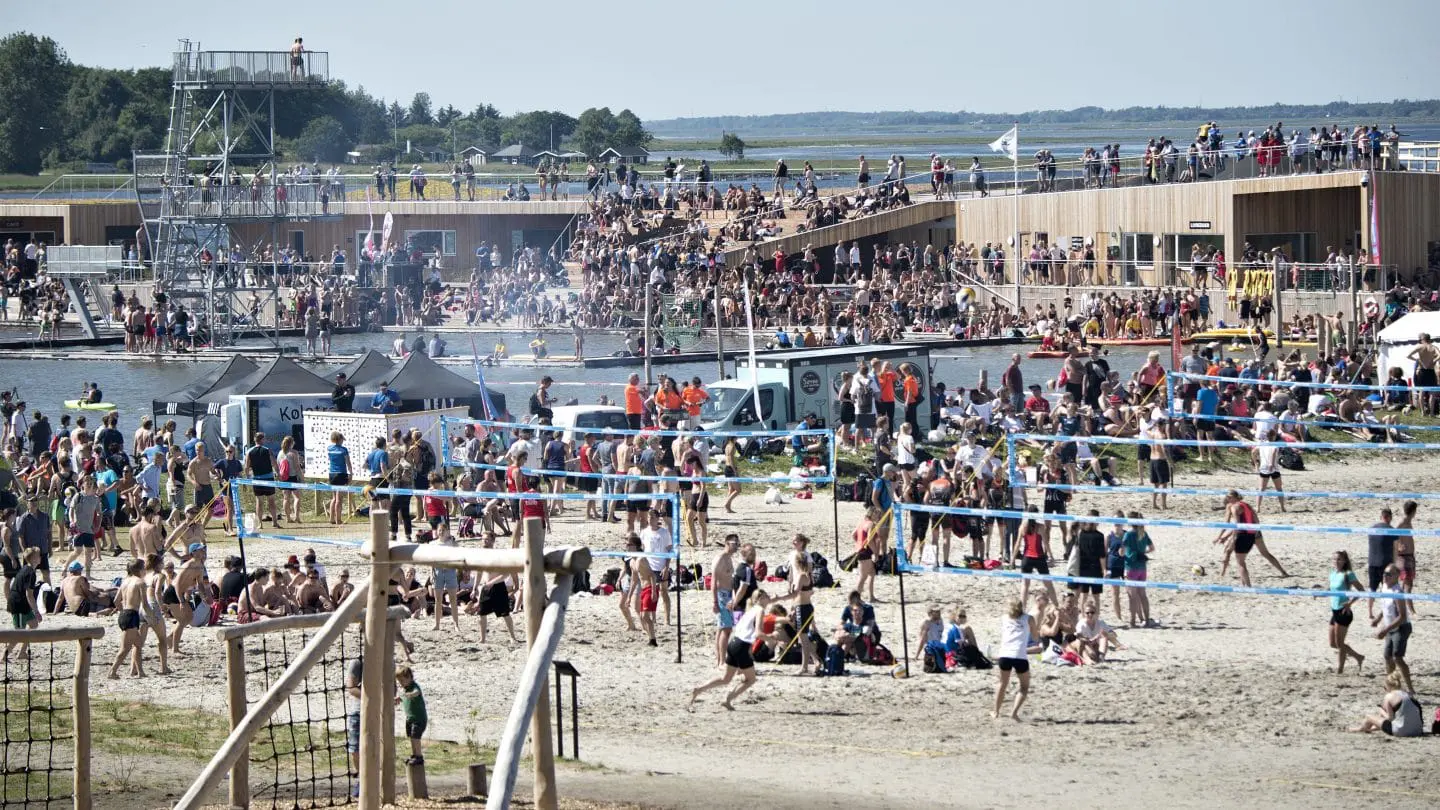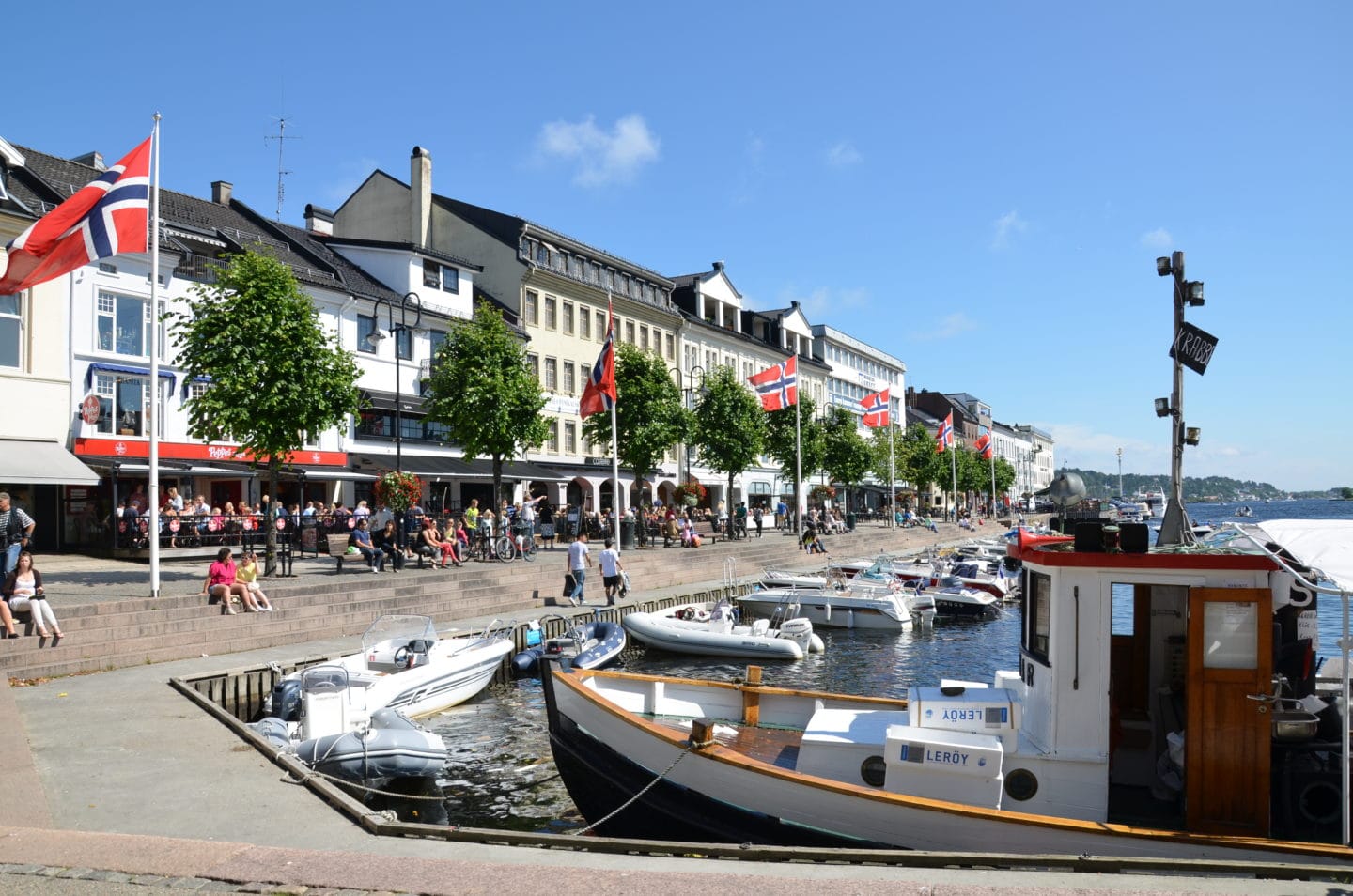Safe City Action

Aalborg and Nordic Safe Cities have initiated the Tryg Digital By (Safe Digital City) concept. As the first municipality in Denmark, Aalborg are using a hate algorithm to map the hate online, and based on that analysis, we will initiate new concepts for digital prevention. Read more hereRead more here
Local initiatives
City Portrait
Aalborg, situated in the northern part of Denmark, is the fourth largest and third most populous city. The city is 1100 years old and has a population of 217,000 residents. Aalborg is a relatively young city, where the population aged under 50 is just over 70 percent. Aalborg is a city with a proud industrial tradition that has managed to maintain its original identity while being in rapid development. Today Aalborg is a more specialised, knowledge-heavy and energy-efficient industrial city, as well as a cultural city and an educational hub. The European Commission named Aalborg the absolute best European city in terms of quality of life for its residents. Aalborg is a spacious and safe city in which to grow up, study, work and grow older. 96% of residents are satisfied with the city’s public institutions, systems and infrastructure, and 84% of citizens feel safe in their neighbourhoods.
Safe City Challenges
Aalborg faces three main challenges related to the prevention of extremism and radicalisation. Firstly, the city finds that there are certain individuals and groups with whom authorities lack close contact. This presents challenges at different levels for the municipal work and for the police with varying degrees of concern. Secondly, in the past 3-4 years, Aalborg has received approximately 1,400 newly arrived refugees, the majority of whom are unaccompanied minors from Syria and Eritrea. Some of the newly arrived refugees express a lack of confidence in the city and other authorities, which makes preventive work difficult. Central to the challenges is that the target group is new, and thus the knowledge of the target group is relatively limited. Lastly, a more recent challenge is increased right-wing extremist activity in the northern part of Aalborg. Online radicalisation is not a current challenge, but we are aware of this in the early preventative work.

Strategy
Since 2013, Aalborg has been working strategically to prevent radicalisation and extremism. Aalborg’s strategies are based on early prevention and are integrated in existing crime prevention efforts. Efforts based on dialogue, integration and inclusion in society. Aalborg’s anti-radicalisation strategy is founded on an interdisciplinary and holistic approach based on cooperation between the city administration, the North Jutland Police and the SSP (school, social authorities and police collaboration. Aalborg additionally works closely with relevant civil society partners to prevent environments that can encourage anti-democratic attitudes and activities.
FOCUS AREAS
The City of Aalborg currently focuses on the following:
- Early preventative measures targeting children and young people.
- Integrated and multidisciplinary efforts in cooperation with police and civil society
- Creating inclusive communities and establishing positive relationships.
- Strong collaboration with parents.
- Dialogue-based efforts emphasising openness and listening.
- Training of frontline workers and civil society actors
Good Practise
Aalborg city works strategically and focuses on prevention, sustainable solutions and cross-sector cooperation, which also applies to the work on safety and prevention of radicalisation and violent extremism. Aalborg city, the North Jutland Police and the Region of North Jutland have a tradition of close cooperation and work together on the action-oriented security strategy” Tryg Aalborg – a more secure municipality”. Tryg Aalborg is comprised of 18 concrete peace-building initiatives. An example is Aalborg’s strategy for how to prevent, detect and act on honour-related conflicts and negative social control. The strategy is aimed at professionals as well as citizens and associations in Aalborg. The strategy is founded on existing efforts, but at the same time incorporates new initiatives, such as action cards, auxiliary tools and Q&A cards, to ensure that citizens and professionals know who to approach to ensure that vulnerable citizens can get the necessary help.
Read more here




